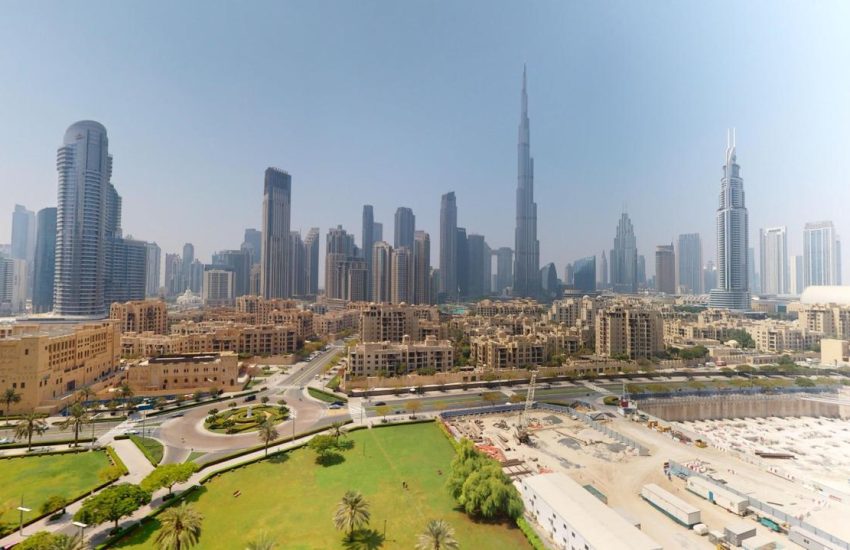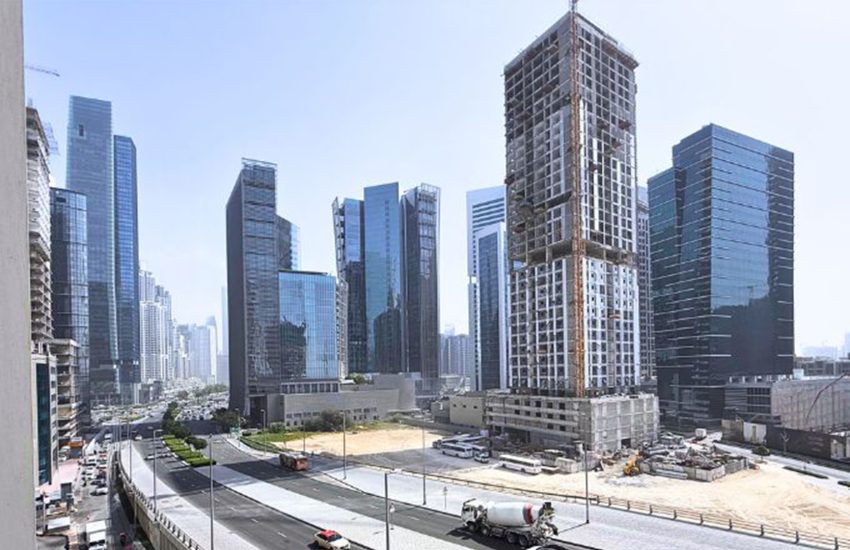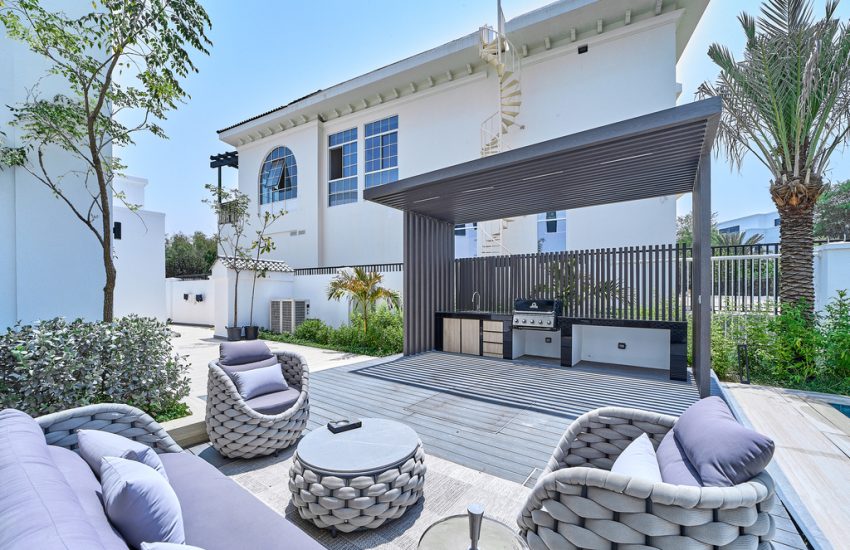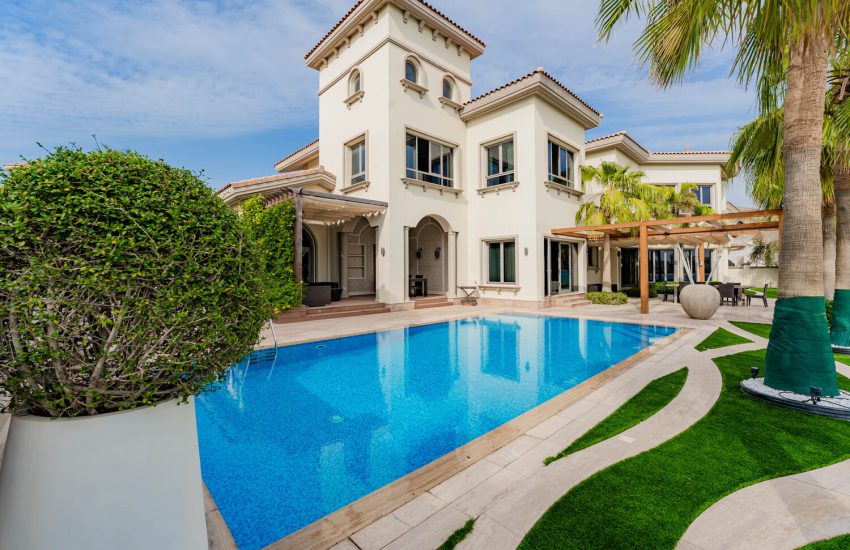Buy a house in Dubai?
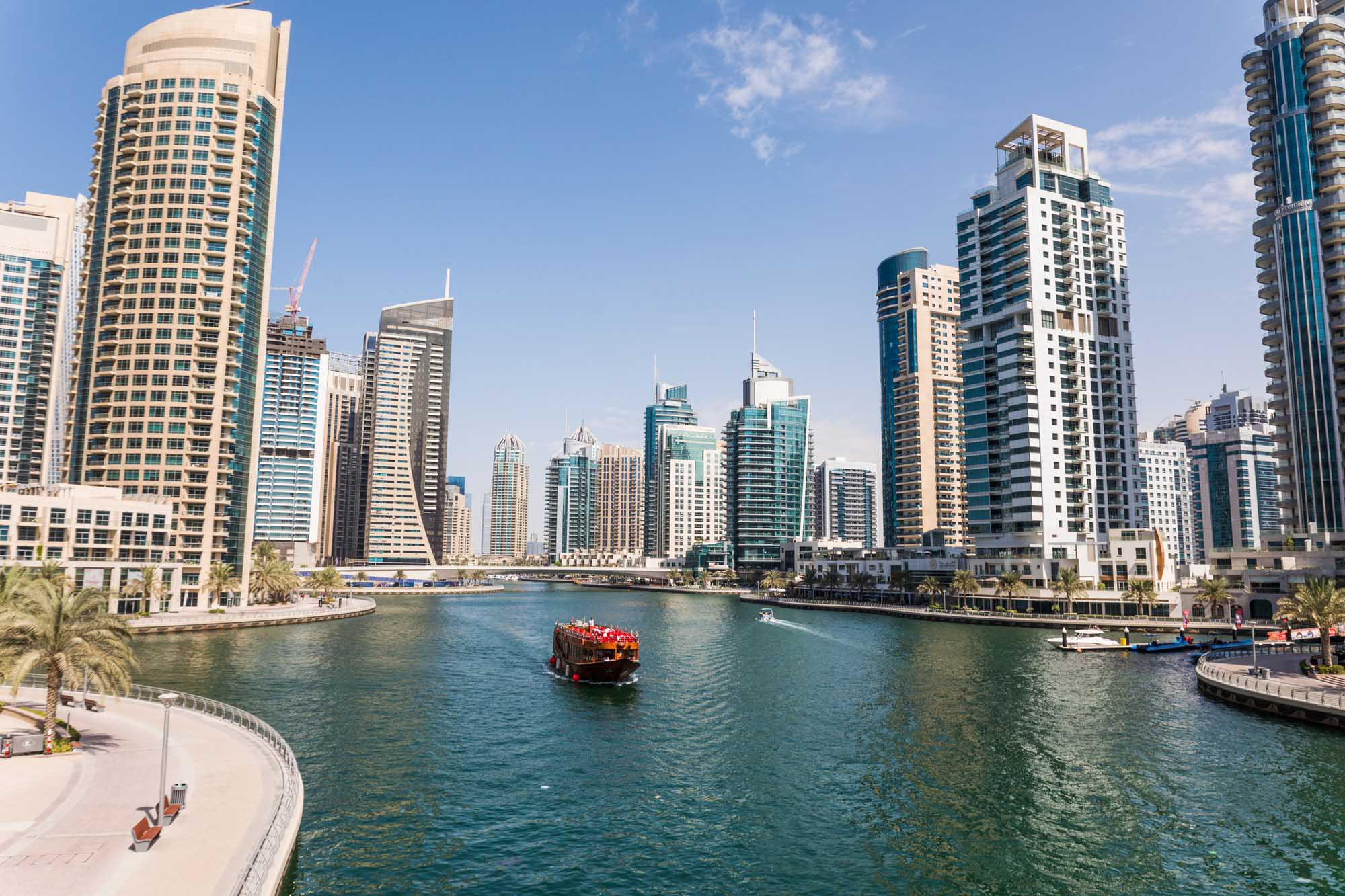
Buying a house in Dubai is an attractive investment opportunity for both residents and international buyers due to its thriving real estate market, world-class infrastructure, and tax-free environment. Dubai offers a variety of property options, from luxurious waterfront villas in Palm Jumeirah and high-end apartments in Downtown Dubai to more affordable yet modern residences in areas like Jumeirah Village Circle and Dubai South. The city’s real estate laws have evolved to make property ownership more accessible to foreigners, with freehold zones allowing non-UAE nationals to purchase homes with full ownership rights.
Additionally, buyers can benefit from flexible payment plans, mortgage options, and residency visas linked to property investment, making it an appealing choice for those seeking long-term stability in a global business hub. The city’s rapid economic growth, high rental yields, and increasing demand for property ensure strong returns on investment. Dubai’s safe environment, world-class amenities, and futuristic urban planning make it an ideal destination for families, professionals, and retirees looking for a high-quality lifestyle. However, potential buyers should conduct thorough research on market trends, legal procedures, and developer reputations before making a purchase. Partnering with a reputable real estate agency can help navigate the buying process, ensuring a smooth transaction and a wise investment in one of the world’s most dynamic real estate markets.
Dubai has become one of the most sought-after destinations for real estate investment, attracting both local and international buyers with its luxurious properties, tax-free environment, and high-quality lifestyle. Whether you are looking for a dream home or a profitable investment opportunity, purchasing a house in Dubai can be a rewarding decision. However, understanding the market, legal procedures, and financial aspects is essential for making an informed choice. In this guide, we will explore everything you need to know about buying a house in Dubai.
Dubai offers a wide range of benefits for property buyers, making it an ideal location for investment. Some of the key advantages include:
Freehold Property Ownership for Foreigners: Non-UAE nationals can buy property in designated freehold areas, granting them full ownership rights.
High Return on Investment (ROI): Dubai’s real estate market offers attractive rental yields, often ranging between 5-10% annually.
Tax-Free Property Ownership: The absence of property taxes makes Dubai a cost-effective investment destination.
Residency Visa for Property Owners: Buyers investing in properties worth AED 750,000 or more are eligible for a residency visa, with extended options for properties worth AED 2 million or more.
World-Class Infrastructure: Dubai offers excellent connectivity, modern architecture, and top-notch amenities, making it a highly desirable place to live.
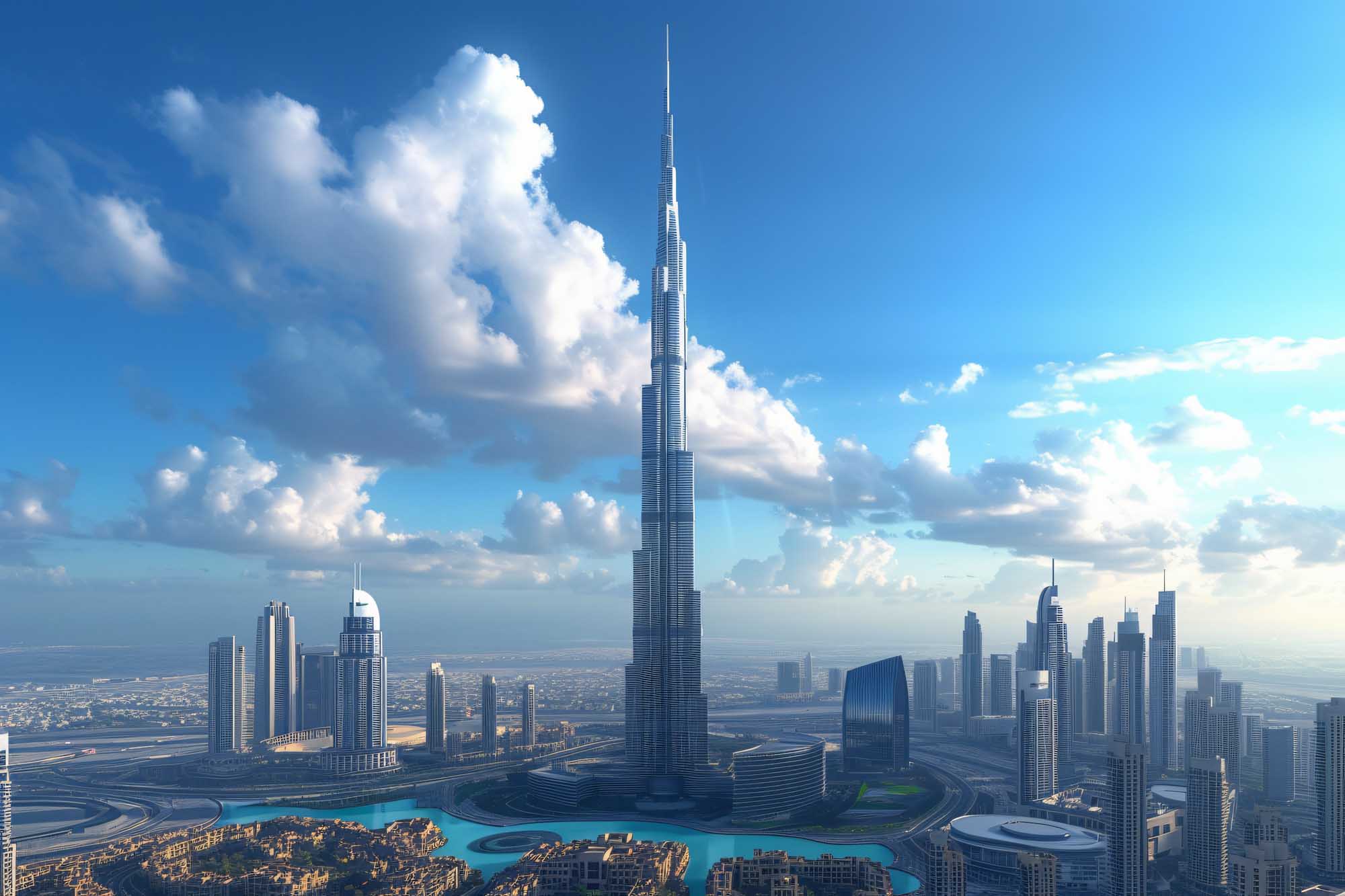
Dubai offers a variety of residential properties to suit different budgets and preferences. Some of the most popular options include:
- Apartments: High-rise apartments in areas like Downtown Dubai, Dubai Marina, and Business Bay offer stunning views and access to premium facilities.
- Villas: Ideal for families, villas in locations such as Palm Jumeirah, Emirates Hills, and Arabian Ranches provide spacious living spaces with private gardens and pools.
- Townhouses: These properties offer a blend of apartment and villa living, often located in gated communities with shared amenities.
- Luxury Penthouses: Found in exclusive areas like The Palm, Bluewaters Island, and Burj Khalifa, penthouses offer unparalleled luxury and panoramic city views.
Selecting the right location is crucial when purchasing a property in Dubai. Here are some of the best areas for homebuyers and investors:
Downtown Dubai – Best for luxury apartments and access to iconic landmarks like the Burj Khalifa.
Dubai Marina – Ideal for waterfront living with a vibrant lifestyle and high rental demand.
Palm Jumeirah – Offers ultra-luxurious villas and apartments with private beach access.
Jumeirah Village Circle (JVC) – A budget-friendly option with modern villas and townhouses.
Arabian Ranches – Perfect for families looking for spacious villas in a tranquil environment.
Dubai Hills Estate – A growing community with a golf course, schools, and shopping centers.
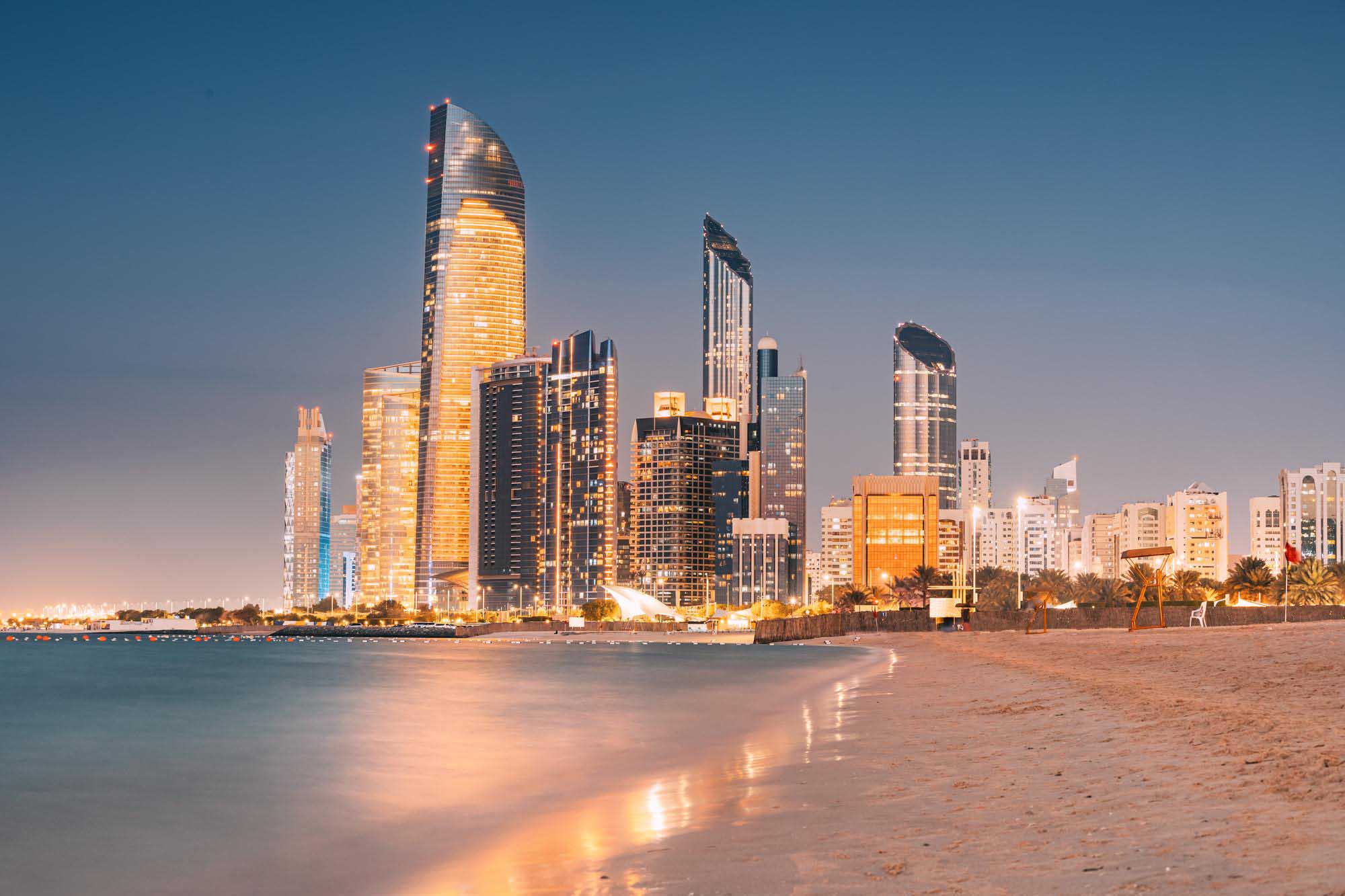
- Define Your Budget: Consider not just the property price but also additional costs such as registration fees, agent commissions, and maintenance charges.
- Choose a Reputable Developer or Seller: Work with well-known real estate developers and agencies to ensure transparency and reliability.
- Understand Legal Requirements: Foreign buyers can purchase in freehold zones, and contracts must be registered with the Dubai Land Department (DLD).
- Secure Financing (If Needed): If you plan to take a mortgage, ensure you meet the UAE Central Bank’s requirements, including a minimum down payment of 20% for expatriates.
- Sign the Sales Agreement: Once you have chosen a property, a Memorandum of Understanding (MOU) is signed, and a 10% deposit is typically required.
- Transfer Ownership: Finalize the purchase at the DLD, where the property title deed is issued upon full payment.
While Dubai does not impose property taxes, buyers should be aware of additional costs, including:
Dubai Land Department (DLD) Fee: 4% of the property price.
Real Estate Agent Commission: Usually 2% of the property price.
Mortgage Registration Fee: 0.25% of the loan amount (if applicable).
Property Service Charges: Varies based on property type and community.
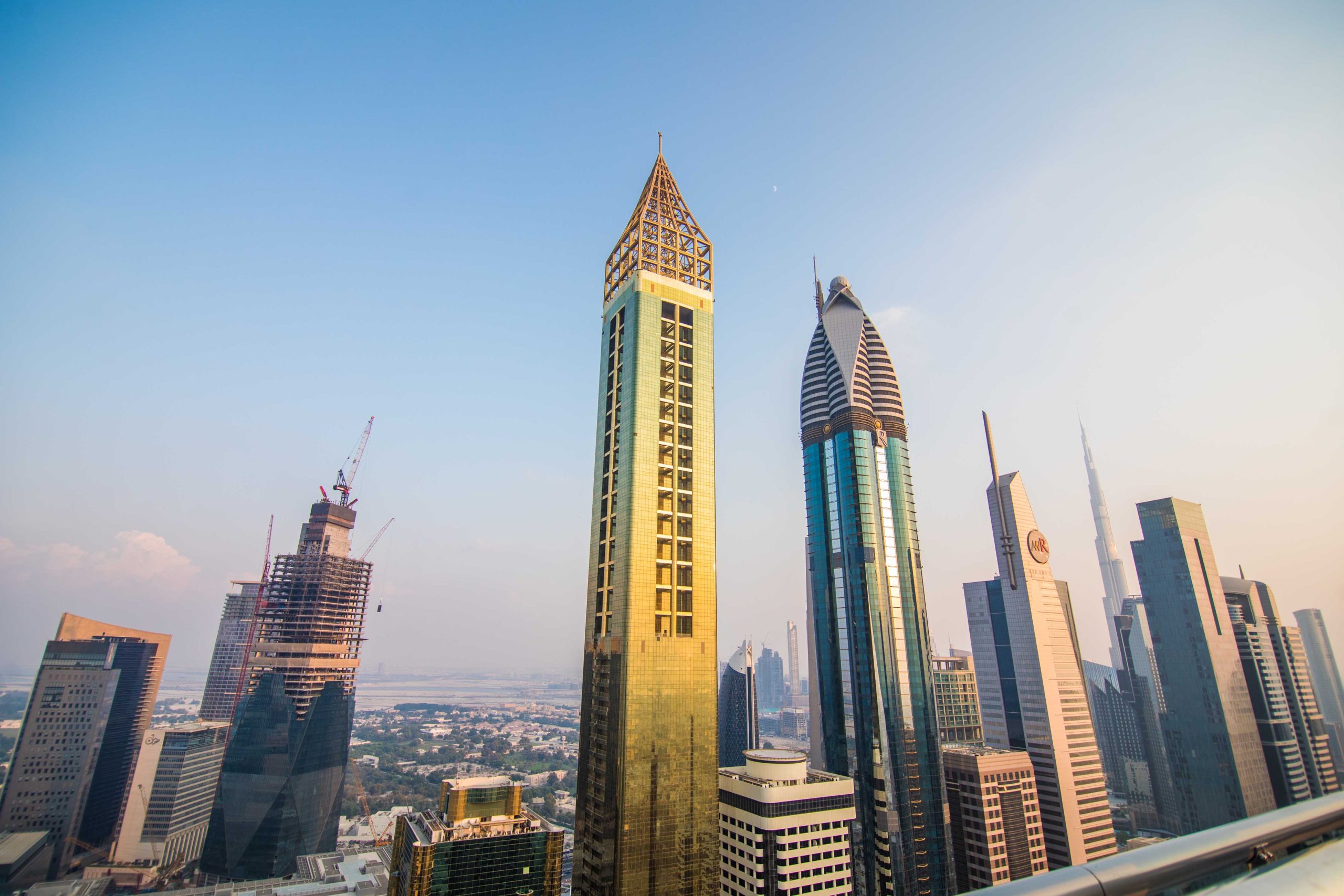
Yes, a foreigner can buy a house in Dubai, and the process is relatively straightforward compared to many other countries. The Dubai government allows non-residents to purchase freehold property in designated areas, which include popular locations like Downtown Dubai, Palm Jumeirah, Dubai Marina, Jumeirah Lake Towers, and Arabian Ranches, among others. Freehold ownership means the buyer has full ownership rights over the property and the land it sits on, and they can sell, lease, or pass it on as inheritance without restrictions.
Additionally, foreigners can also opt for leasehold properties, where they gain property rights for a period ranging from 10 to 99 years, depending on the agreement. One of the major advantages of buying property in Dubai is that there are no property taxes, which makes it an attractive investment destination. The process of purchasing property is relatively simple, requiring a valid passport and an agreement with the seller. While a residence visa is not required to buy property, those who invest a minimum of AED 750,000 in real estate are eligible to apply for a renewable two-year residency visa, and those who invest at least AED 2 million can apply for a 10-year Golden Visa.
Additionally, mortgage options are available for foreigners through banks and financial institutions in the UAE, though lending criteria may vary. It is highly recommended that buyers conduct due diligence and work with reputable real estate agencies and legal professionals to ensure a smooth transaction. With its thriving economy, world-class infrastructure, and tax-free property ownership, Dubai continues to be a sought-after location for foreign investors looking to buy real estate, whether for personal use, rental income, or long-term investment purposes.
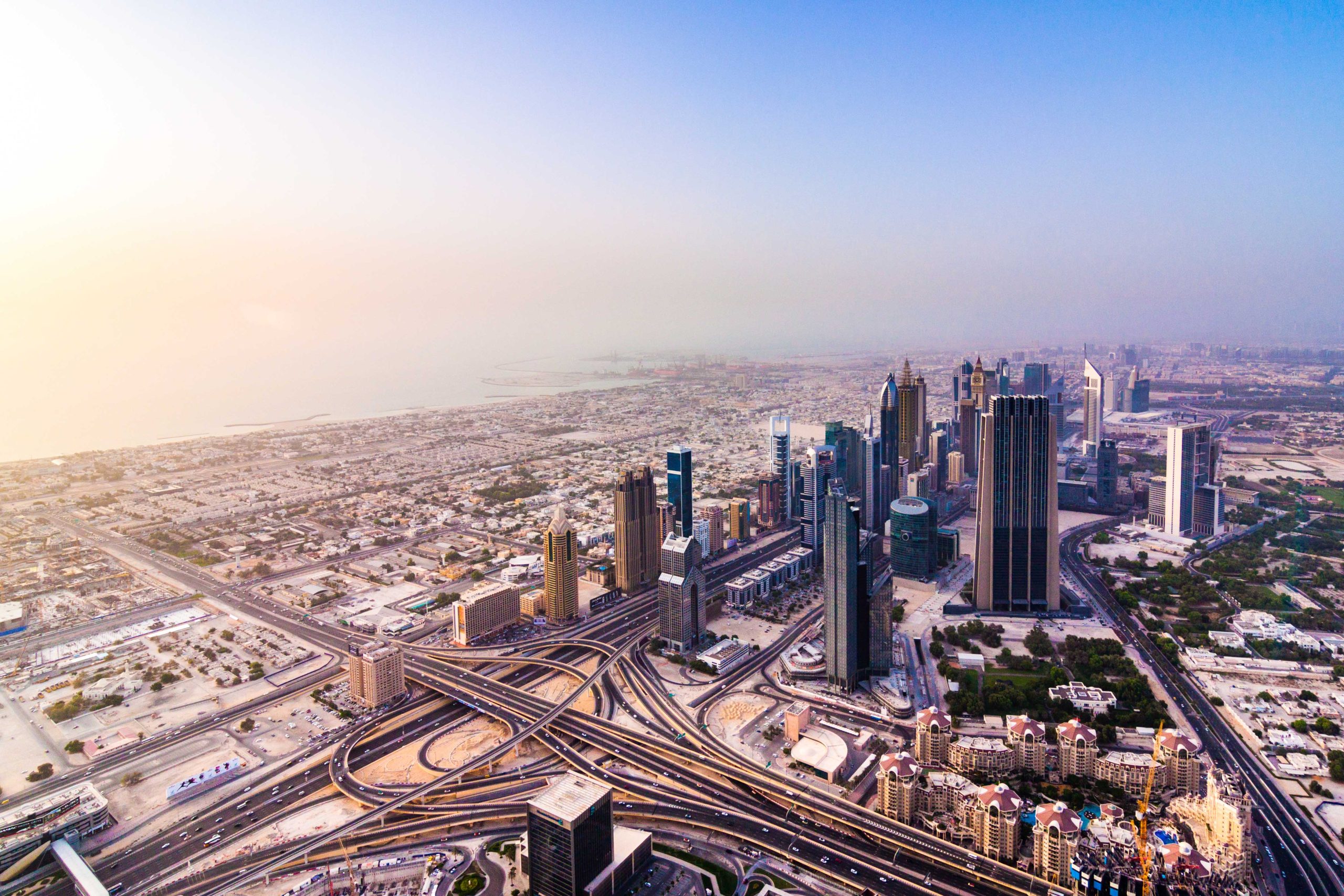
Buying a flat in Dubai for 100,000 AED (approximately $27,000) is quite challenging, as property prices in the city are generally higher, especially in prime areas. Dubai’s real estate market is known for its luxury properties, high-rise apartments, and premium villas, with prices varying significantly depending on location, amenities, and developer reputation. In most popular residential areas like Downtown Dubai, Dubai Marina, Palm Jumeirah, and Business Bay, even studio apartments typically start at a much higher price point.
However, there are some affordable options available in the outskirts of the city, such as International City, Dubai South, or certain areas in Dubailand, where you might find small studio units or apartments within that budget, though they are quite rare. Another possibility is looking for properties in the form of long-term leasehold agreements rather than outright freehold purchases, which might be more accessible at lower price points. Alternatively, off-plan projects—properties that are still under construction—sometimes offer flexible payment plans, allowing investors to secure a unit with a low down payment and manageable installments over a few years.
Additionally, some buyers explore opportunities in the secondary market, where distressed sales or older buildings might have lower-priced units. However, if you’re strictly looking to own a flat within the 100,000 AED budget, your choices will be very limited, and you may need to consider increasing your investment to at least 300,000–400,000 AED for more options. It’s always advisable to consult with a reputable real estate agent and thoroughly research the market before making a decision to ensure you find a property that meets your needs while complying with Dubai’s property regulations.
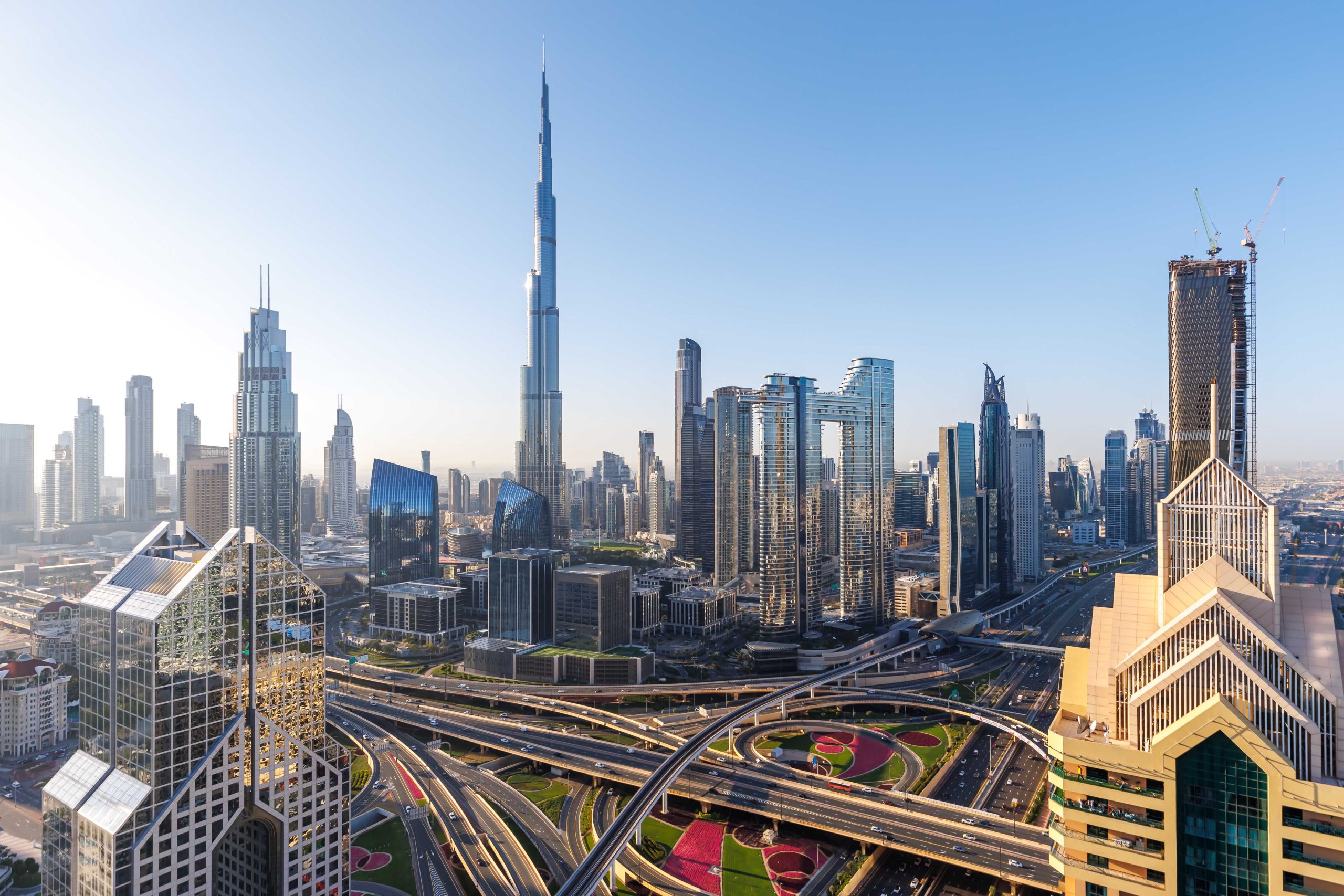
Buying a house in Dubai does not automatically grant you citizenship, as the United Arab Emirates (UAE) has very strict nationality laws. However, purchasing property in Dubai can make you eligible for a long-term residency visa, such as the investor visa or the Golden Visa, depending on the value of your investment. For instance, if you invest at least 750,000 AED (around $204,000) in real estate, you can apply for a renewable two-year residency visa. If your investment reaches a minimum of 2 million AED (approximately $545,000), you may qualify for the UAE’s 10-year Golden Visa, which offers greater stability and benefits, including the ability to sponsor family members. While these visas provide long-term residency, they do not lead to citizenship or a UAE passport.
Historically, obtaining Emirati citizenship has been extremely rare and was primarily reserved for individuals of Arab descent, long-term residents, or those who have made extraordinary contributions to the country. However, in 2021, the UAE introduced a new citizenship law allowing certain foreign investors, doctors, scientists, engineers, artists, and highly skilled professionals to be nominated for Emirati citizenship by the government, but this process is selective and not guaranteed simply by purchasing property. Even if granted, UAE citizenship comes with certain conditions, such as potential restrictions on holding dual nationality unless explicitly permitted by the authorities. Therefore, while buying property in Dubai can provide a pathway to long-term residence, it does not offer a direct route to citizenship, and those seeking to become UAE nationals would need to meet strict eligibility criteria set by the government.
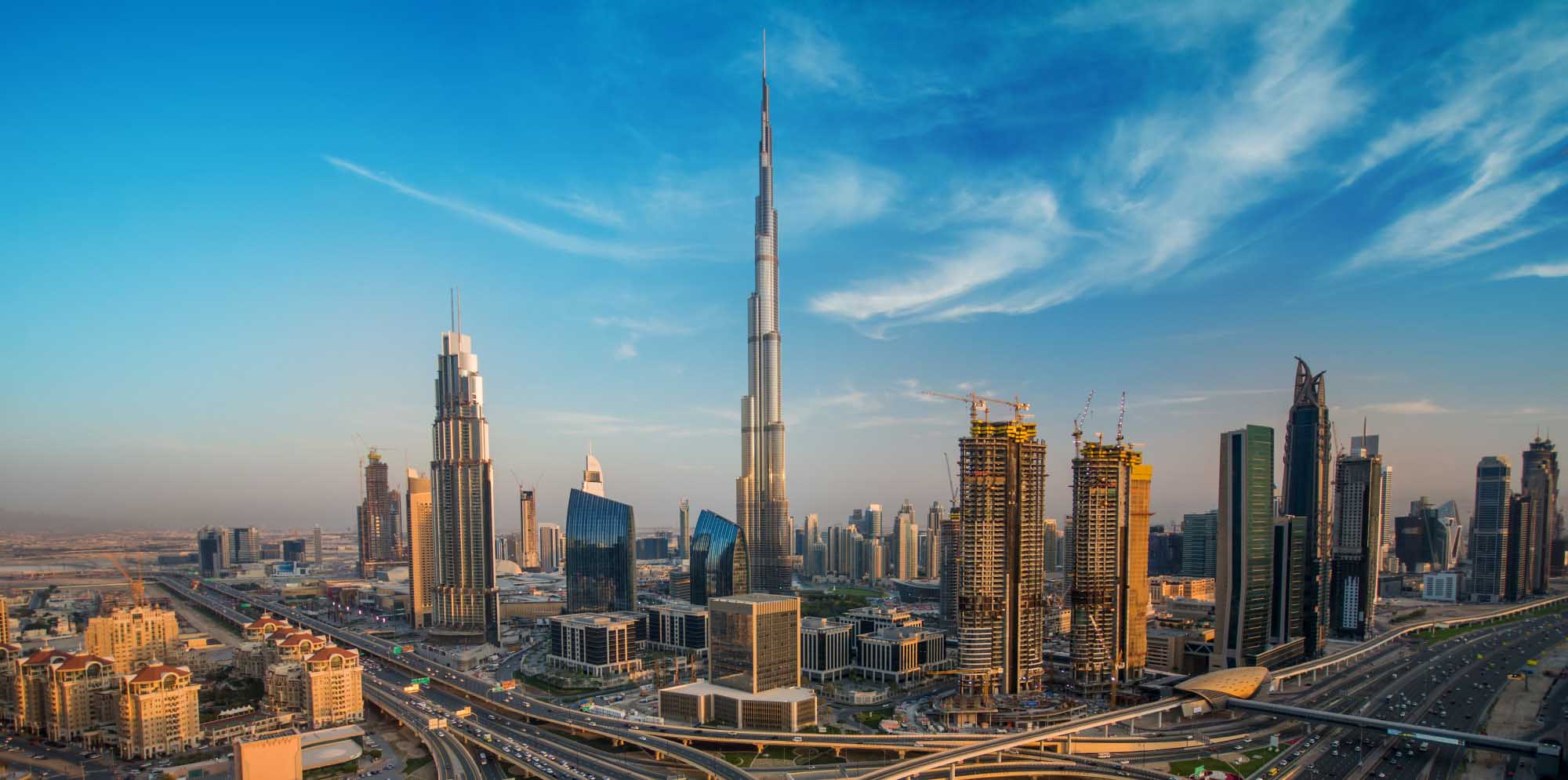
The 99-year lease in Dubai refers to a type of leasehold property ownership that allows individuals, including foreigners, to lease a property for up to 99 years while maintaining legal rights to use, rent, or sell the property during that period. Unlike freehold ownership, where the buyer fully owns the property and the land indefinitely, leasehold ownership grants the rights to the unit but not the land itself. Leasehold properties are commonly found in areas that are not designated as freehold zones, meaning foreign investors can only buy such properties under lease agreements rather than outright ownership.
This type of arrangement is particularly common in locations like Deira, Al Barsha, and certain parts of Jumeirah. The leasehold system in Dubai is regulated to protect both landlords and tenants, ensuring that long-term leaseholders have security over their investment while still adhering to UAE property laws. Once the 99-year lease expires, ownership of the property reverts to the original landowner unless the lease is renewed under new terms. Leasehold properties are generally more affordable than freehold properties, making them an attractive option for investors looking for lower entry costs or expatriates who want long-term residence security without the higher financial commitment of full ownership.
Additionally, some leasehold contracts include maintenance and property management services, which can be beneficial for investors who do not reside in Dubai full-time. However, since the property is ultimately owned by the freeholder, leasehold buyers must ensure they fully understand the terms, renewal conditions, and any restrictions before making a purchase. While leasehold properties can still be sold or transferred, the transaction process may involve additional approvals from the landowner or developer, making it slightly more complex than a freehold sale.


